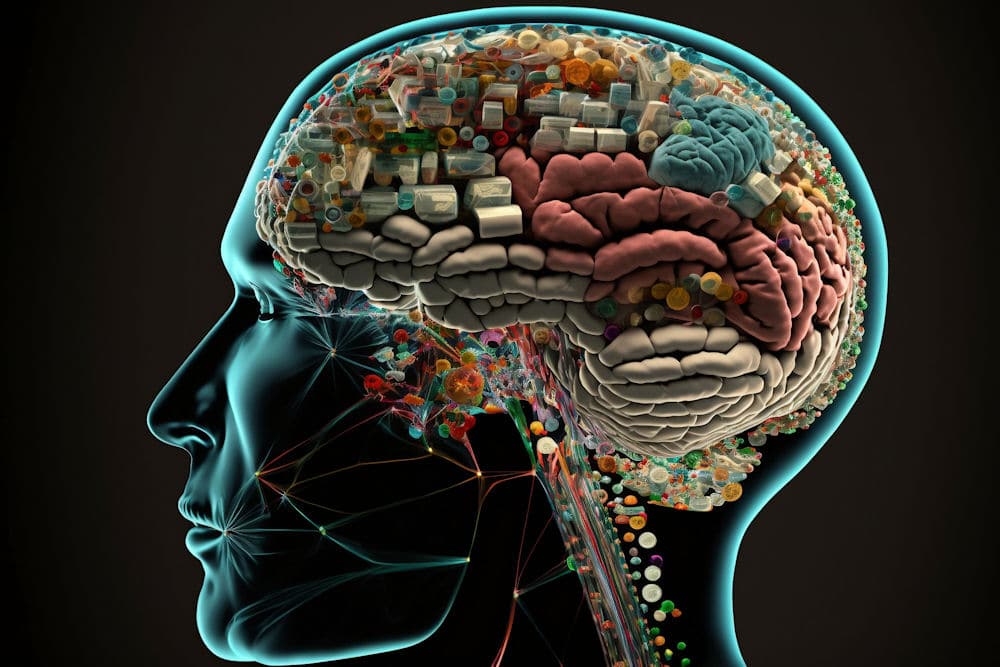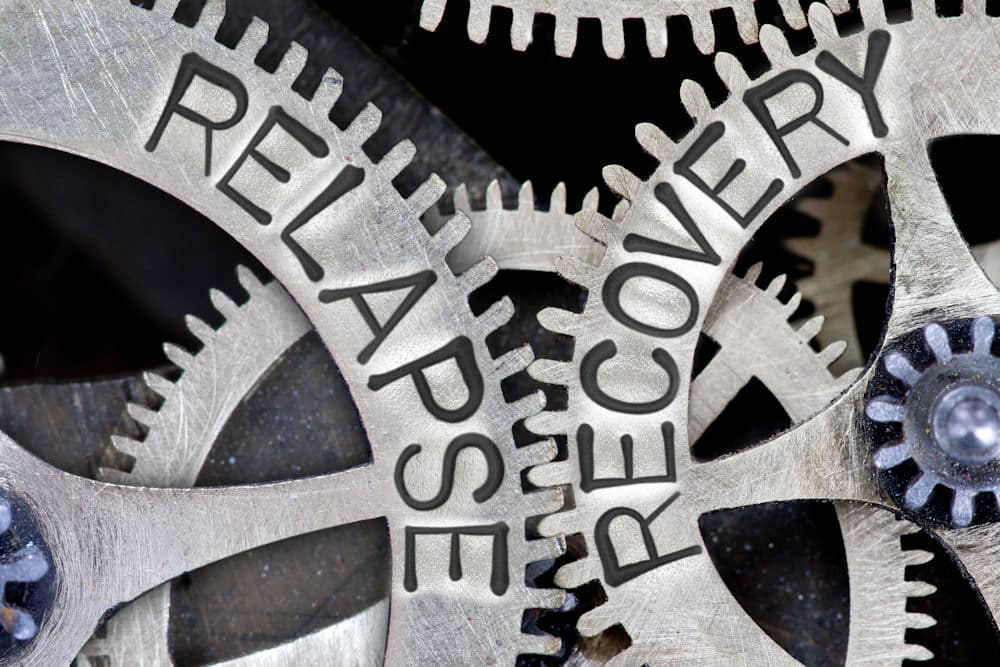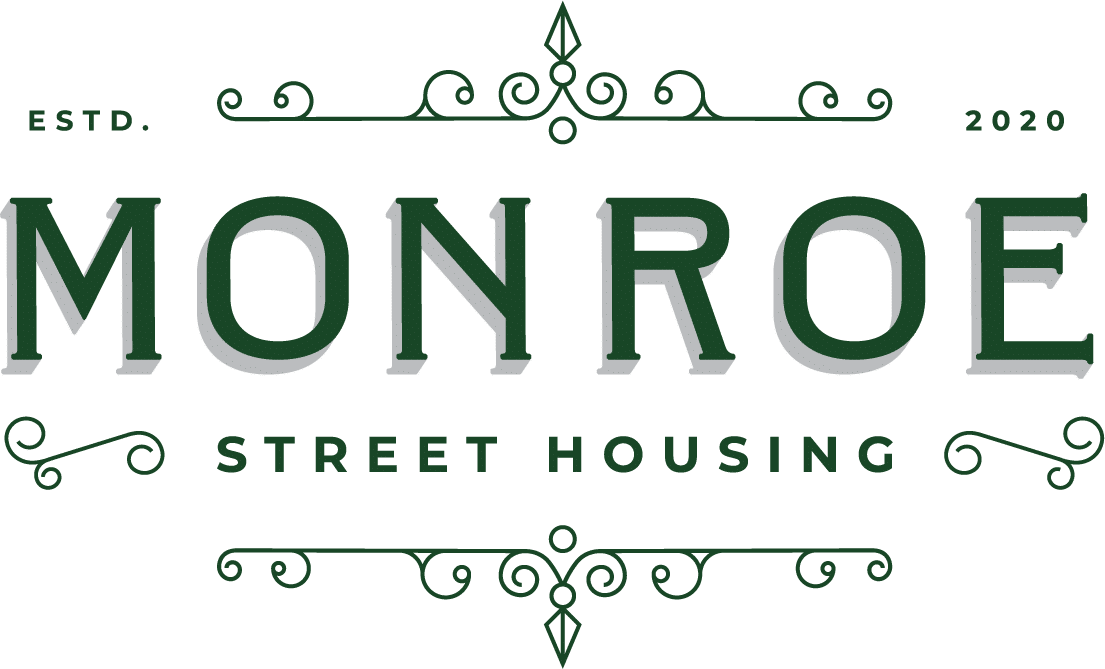Relapse is a common and natural part of the recovery process from addiction. It means returning to substance use after a period of abstinence. Relapse can happen to anyone who is trying to overcome an addiction, regardless of how long they have been sober or how motivated they are to change. Understanding why relapse occurs is crucial in developing effective strategies to prevent it and support long-term recovery.
Statistics show that relapse rates for substance use disorders are comparable to those of other chronic illnesses like diabetes and hypertension. The National Institute on Drug Abuse (NIDA) reports that approximately 40 to 60% of people in recovery from addiction will experience a relapse at some point. However, relapse does not mean failure. It is an opportunity to learn from the experience and identify the areas that need more attention and support.
One of the most effective ways to prevent or reduce the risk of relapse is to live in a sober living home. A sober living home is a safe and supportive environment where people who are recovering from addiction can live together and help each other stay sober. A sober living home is not a treatment facility, but a transitional place that bridges the gap between treatment and independent living.
At Monroe Street Sober Living, we understand the complexities of addiction and the challenges of maintaining sobriety. Located in Kokomo, Indiana, we offer a co-ed environment for people who have completed addiction treatment and need more guidance before returning to their normal lives.
What Triggers A Relapse?

Many factors can trigger a relapse, despite your best efforts to maintain your sobriety. Some of these factors are internal, such as thoughts and feelings, while others are external, such as people, places, and situations. Biological factors, such as genetic vulnerability, brain changes, and withdrawal symptoms can also influence relapse. Here are the triggers that contribute to relapse:
Addiction alters the brain’s functioning, making it challenging to resist cravings and triggers, even after achieving sobriety.
Stressors, social situations, and cues associated with past substance use can trigger powerful cravings, increasing the risk of relapse.
Dual diagnosis refers to the presence of both a substance use disorder and a mental health disorder. Managing both conditions simultaneously can be challenging, as symptoms of one disorder may exacerbate those of the other, and impair impulse control.
Peer pressure, exposure to friends or family members who use substances, or social environments where substance use is normalized can increase the likelihood of relapse.
Many people turn to substances as a way to cope with stress, trauma, or negative emotions. Without alternative coping mechanisms, they may struggle to manage these challenges without relapsing.
Major life changes such as job loss, divorce, moving to a new location, or financial difficulties can increase stress levels, and disrupt established routines, making relapse more likely.
Unresolved trauma from past experiences, such as physical, emotional, or sexual abuse, can fuel substance use as a means of self-medication or avoidance of painful memories and emotions.
Genetic factors can affect a person’s susceptibility to addiction. Individuals with a family history of substance abuse disorders may have a higher genetic predisposition to develop addiction.
Having a strong support system is crucial in recovery from addiction. However, individuals who lack supportive relationships or face social isolation may find it difficult to cope with triggers and stressors on their own.
Withdrawal symptoms create intense physical and psychological discomfort, and prompt people in recovery to seek relief through substance use, increasing the risk of relapse.
The Stages Of Relapse
When people relapse, they might use drugs or alcohol to ease their suffering. This can create a vicious circle, where short-term relief from substances makes them more likely to use again. Relapse is not a sudden or random event, but a gradual process that involves three stages: emotional, mental, and physical.

Emotional Relapse
In this phase, drug or alcohol use may not be at the forefront of your mind, but your emotions and actions could be laying the groundwork for a potential relapse down the road. You may experience:
- Bottled-up emotions
- Isolation from others
- Poor self-care
- Lack of recovery support
- Focusing on other people’s problems
Mental Relapse
It is at this point that you start to think about using drugs or alcohol again. You may have conflicting thoughts and feelings about your recovery. You may experience:
- Cravings for drugs or alcohol
- Reminiscing about your past use
- Minimizing the consequences of your use
- Bargaining or rationalizing your use
- Planning or looking for opportunities to use
Physical Relapse
During this stage, you act on your thoughts and use drugs or alcohol again. Relapses can occur either as a one-time lapse or as a full-blown event. You may experience:
- Guilt, shame, or regret
- Loss of confidence or hope
- Withdrawal symptoms
- Increased tolerance or dependence
- Health, legal, or social problems
Creating A Relapse Prevention Plan

A relapse prevention plan is a formulated strategy that outlines the steps a person will need to take to help avoid or cope with triggers, cravings, and high-risk situations that may lead them to get back into the dangerous cycle of using substances again. These relapse prevention techniques include a person’s goals, strategies, and resources for staying sober. They are a beneficial tool we utilize to help our clients stay on track with their recovery from substance abuse.
To create a relapse prevention plan, you can use a template, a worksheet, or a workbook that can guide you through the process. You can also work with a therapist, a counselor, or a recovery coach who can help you customize your plan according to your needs and preferences. A relapse prevention plan can include the following elements:
- Personal reasons for quitting and staying sober
- Short-term and long-term goals for your recovery
- Warning signs of emotional, mental, and physical relapse
- Triggers and high-risk situations that may tempt you to use
- Coping strategies and techniques to deal with triggers, cravings, and stress
- A support network of people who can help you during difficult times
- Emergency contacts and resources in case of a relapse
- Rewards and incentives for staying sober and achieving your goals
A person should review and update their plan regularly and share it with their support network, such as their family, friends, therapist, or recovery peers, especially when faced with new challenges or changes. They can offer you feedback, encouragement, and accountability.
Relapse Prevention Techniques for Substance Abuse
A relapse can be dangerous and harmful, both physically and emotionally. Therefore, it is important to learn and practice effective relapse prevention techniques to reduce the risk and severity of relapse. Some of the most common and helpful relapse prevention techniques are:
Identify and Avoid Triggers
Triggers are situations, people, places, or emotions that can cause a person to crave or use substances. They can be internal (such as stress, anger, boredom, or loneliness) or external (such as peer pressure, social events, or exposure to drugs or alcohol). A person should be aware of their triggers and try to avoid or cope with them in healthy ways.
Develop a Support Network
Having supportive and trustworthy people who can offer emotional, practical, and moral support can make a big difference in preventing relapse. A support network can include family, friends, counselors, therapists, recovery groups, or mentors. A person should reach out to their support network whenever they feel tempted, stressed, or overwhelmed by their recovery journey.
Follow a Healthy Lifestyle
Taking care of one’s physical and mental health can also help prevent relapse. A healthy lifestyle can include eating well, exercising regularly, getting enough sleep, managing stress, and engaging in enjoyable hobbies. A healthy lifestyle can boost a person’s mood, self-esteem, energy, and resilience, as well as reduce the negative effects of substance abuse on their body and brain.
Set Healthy Boundaries
Boundaries are the limits that a person sets for themselves and others in terms of what they are comfortable with and what they’re not. Healthy boundaries can help a person protect their recovery and avoid situations that may jeopardize their sobriety. For example, a person may set boundaries such as not spending time with people who use drugs or alcohol, not going to places where substances are available, or not lending money to anyone who may use it for drugs or alcohol. Setting healthy boundaries can also help a person communicate their needs and expectations to others, as well as respect the boundaries of others.
At Monroe Street Housing, we understand the challenges and risks of relapse, and we are here to help you get back on track with your recovery. We offer a range of amenities that suit our client’s unique needs including the following:
- Recovery support: We help you stay connected and motivated with meetings, counseling, and mentoring. We also help you transition to independent living with training, transportation, and meals. We have medical and clinical supervision for those who have completed MAT. We also have secure places for your medications. We have a zero-tolerance policy for substance use, violence, or theft.
- Organized accountability: We help you maintain a sober lifestyle with rules, curfews, and testing. We also have staff members who monitor and assist you at all times.
- Screening process: We have a screening process for new residents, including checks, interviews, and referrals. We only accept people who have completed treatment and have committed to staying sober.
- Safe location: We are located in downtown Kokomo, Indiana, which has access to restaurants, entertainment, parks, and pools. We are also close to various addiction resources and services.
- Cultural awareness: We respect and value the diversity and needs of our residents. We have a spirit-guided approach to recovery that caters to the mind, body, and soul.
Recover Safely and Find Healing At Monroe Street Housing
After undergoing addiction treatment, experiencing a relapse might leave you feeling disheartened, burdened with guilt, or devoid of hope. However, you should know that relapse is not a sign of failure, but a common and natural part of the recovery process. Relapse can be an opportunity to learn from your mistakes and strengthen your coping skills.
Monroe Street Sober Living is more than just a sober living home. It is a community of people who share a common goal of living a sober and fulfilling life. By choosing us, people can find the hope and freedom they seek on the road to recovery. Don’t let a relapse stop you from achieving your dreams. Contact Monroe Street Sober Living today and take the next step in your recovery journey.














